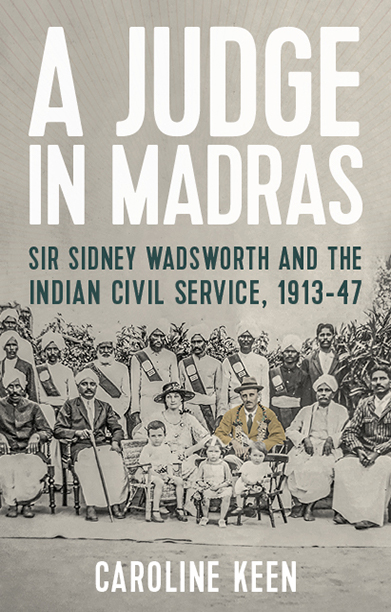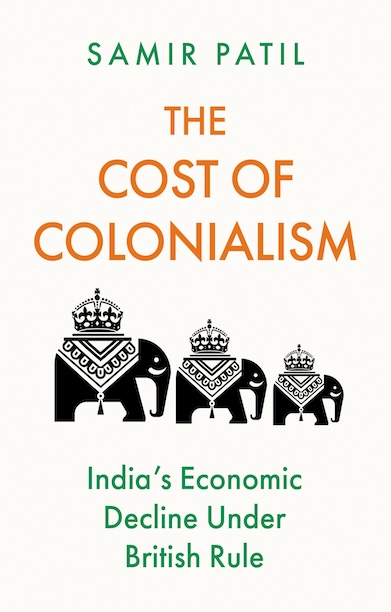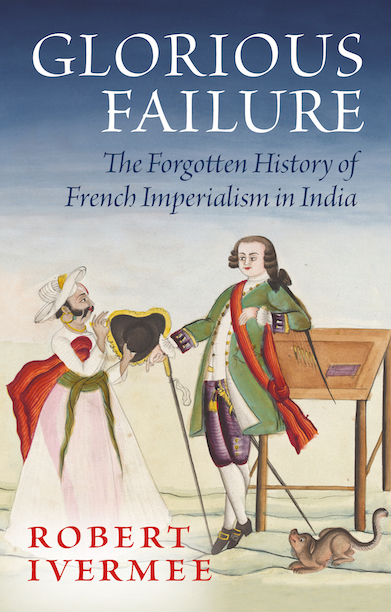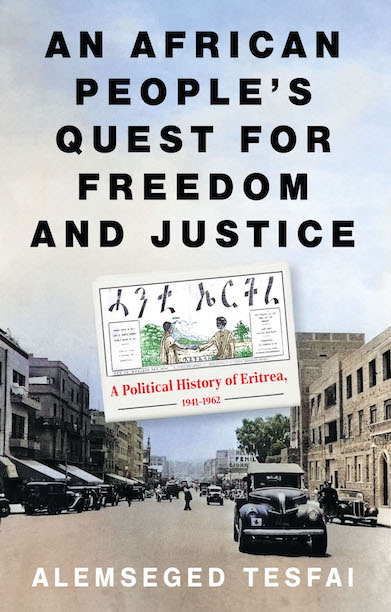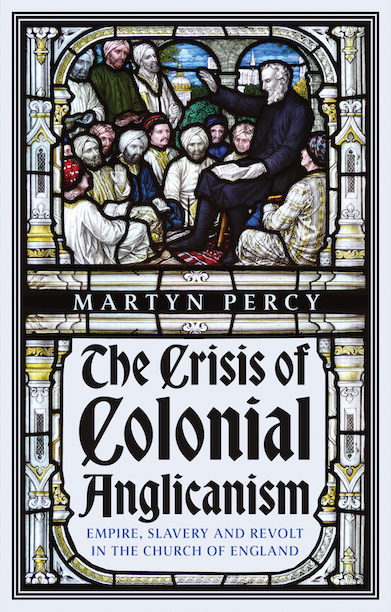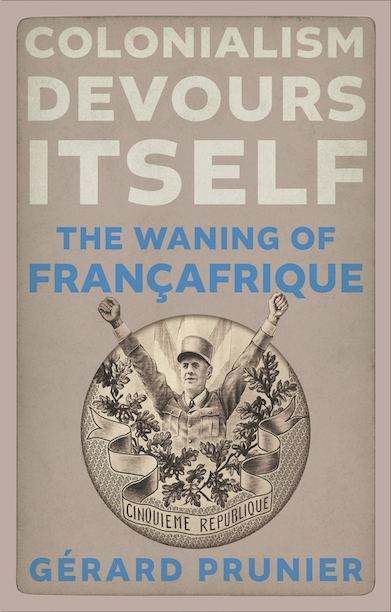A Judge in Madras
Sir Sidney Wadsworth and the Indian Civil Service, 1913–47
An enlightening reassessment of Britain’s administration of colonial South India based on Sidney Wadsworth’s unpublished memoir, revealing how absorbing he found his postings.
Description
The memoirs of Sidney Wadsworth are a vital source on Britain’s colonial history during the first half of the twentieth century. Recounting his long and distinguished career in the Indian Civil Service, Wadsworth paints an entertaining picture of the many places in Madras province where he served, with illuminating portraits of the important British and Indian figures with whom he associated. Here we see through his eyes the growth of Indian nationalism and the rise of Gandhi, and the impact of the Second World War on Madras.
Reliving his journey from junior member of the ICS to High Court judge, Wadsworth displays a shrewd acumen and a keen eye for the ridiculous. By no means uncritical of British rule, he emerges from these pages as a conscientious, humane and reasonable official—unlike some of his contemporaries—and one able to accept the huge changes overtaking India. The physical and moral demands of his daily routine reveal the commitment of an administration that, for all its failings, steadily pursued the goal of good and impartial government. Also featuring excerpts from the memoirs of other civil servants then in the province, A Judge in Madras will fascinate anyone interested in the colonial encounter.
Reviews
‘A vivid account of official life in late British India. Ad hoc solutions and eccentrics abound, and we even learn about the darker side of tigers and elephants. If only there were more books on the Raj like this.’ — Roderick Matthews, historian and author of Jinnah vs. Gandhi
‘Caroline Keen adds a historian’s eye to the rich and entertaining memoirs of Sir Sidney Wadsworth, presenting readers with an intimate portrait of South India in the early twentieth century. As vibrant as the tropical climes of the Coromandel Coast, this splendidly detailed book is a pleasure to read and an important contribution to the historiography of the Raj.’ — John Zubrzycki, journalist, researcher and author of Empire of Enchantment: The Story of Indian Magic
‘A timely reminder, among all the postcolonial polemics, that The Indian Civil Service gave India the world’s finest administrative service, who did their very best for the subjects they ruled. This book, based on memoirs by a British judge, demonstrates the incorruptible dedication of thousands of officials of the Raj.’ — Zareer Masani, historian, broadcaster and author of Macaulay: Britain’s Liberal Imperialist
‘While colonialism these days stands rightly condemned, it is easy to forget that many of those caught up in its history were human too—and, in the case of Sidney Wadsworth, remarkably humane.’ — David Washbrook, Fellow, University of Cambridge
‘A timely reminder in this age with the rise in popularity of “distress studies” that we must look at history in the context of its own time, and that any such understanding should start with an attempt to understand the mentality of those who bore positions of responsibility within its structure.’ — Asian Affairs
Author(s)
Caroline Keen is a historian, holding a PhD from SOAS University of London. Her previous books include Princely India and the British: Political Development and the Operation of Empire; and An Imperial Crisis in British India: The Manipur Uprising of 1891.
